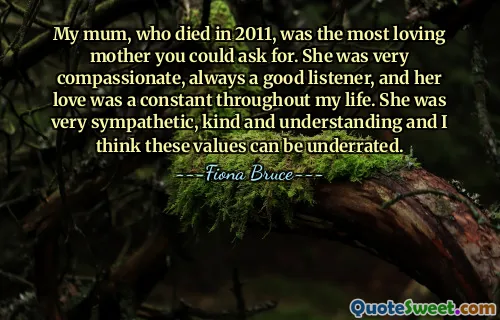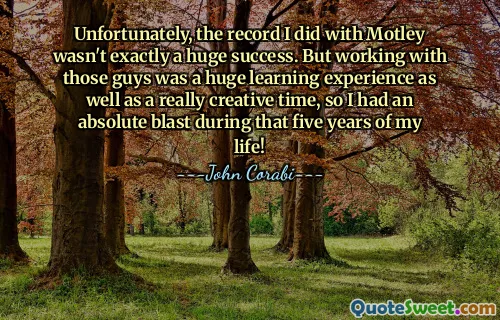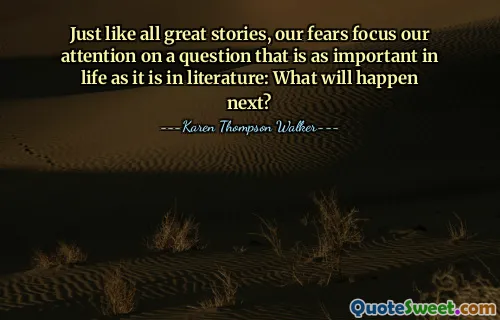
You think you can get rid of things, and people too--leave them behind. You don't know yet about the habit they have, of coming back.
The quote from Margaret Atwood's "The Blind Assassin" explores the illusory nature of trying to escape from the past, including both objects and relationships. It suggests that individuals often believe they can move on by discarding what no longer serves them, whether material possessions or connections with people. This perception, however, overlooks an essential truth about human experience: the past tends to resurface unexpectedly.
This cyclical return of memories and feelings can create emotional turmoil, as what we thought we had left behind finds ways to re-enter our lives. Atwood illustrates a profound insight into human psychology, emphasizing that true liberation from our past is complex and often elusive. The notion encapsulates the struggle between the desire for change and the inescapable ties that bind us to our history.





